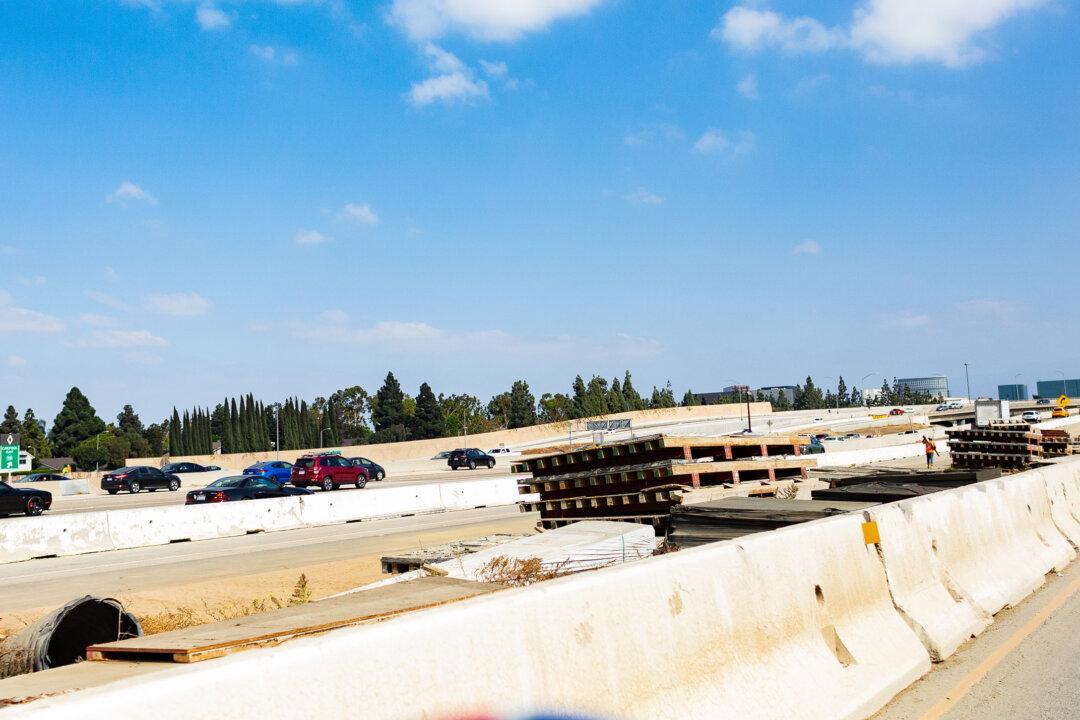The Orange County Transportation Authority (OCTA) has voted unanimously to pursue an interest rate reset on a loan they took from the federal government in 2017 to help finance the Interstate 405 Improvement Project.
The estimated financial savings could be worth up to $190 million, according to officials. The highway construction project is the largest in California and aims to alleviate growing pressure on the nation’s busiest stretch of highway.





